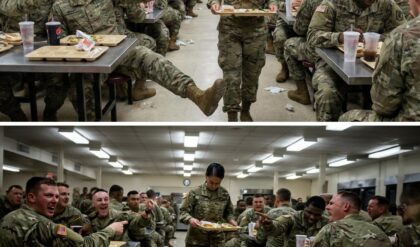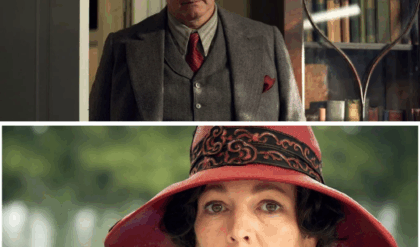HBO’s multi-season approach to the next chapter of The Last of Us saga suggests that Ellie and Abby’s Seattle storylines will each get their own separate season – and that’s the right way to go. Craig Mazin and Neil Druckmann’s announcement that The Last of Us Part II will be adapted into two or possibly even three seasons has been met with some skepticism. But The Last of Us Part II is a massive game with a lot of different story threads to explore in the TV adaptation. Plus, the game’s narrative already has distinctive breaking points for a season finale.
Based on this announcement and the lack of set photos featuring Kaitlyn Dever, it seems likely that The Last of Us season 2 will adapt Ellie’s three Seattle days and season 3 will pick up with Abby’s three days. There are some downsides to this approach. Having no Ellie for a whole season would be a marketing nightmare, cross-cutting between Ellie and Abby’s perspectives could build more tension, and the long wait between seasons would take away the immediacy of the game’s switch to Abby’s perspective. But ultimately, giving Abby’s story its own season is the best way to go.
10Abby’s Story Is Already Its Own Separate Section Of The Game
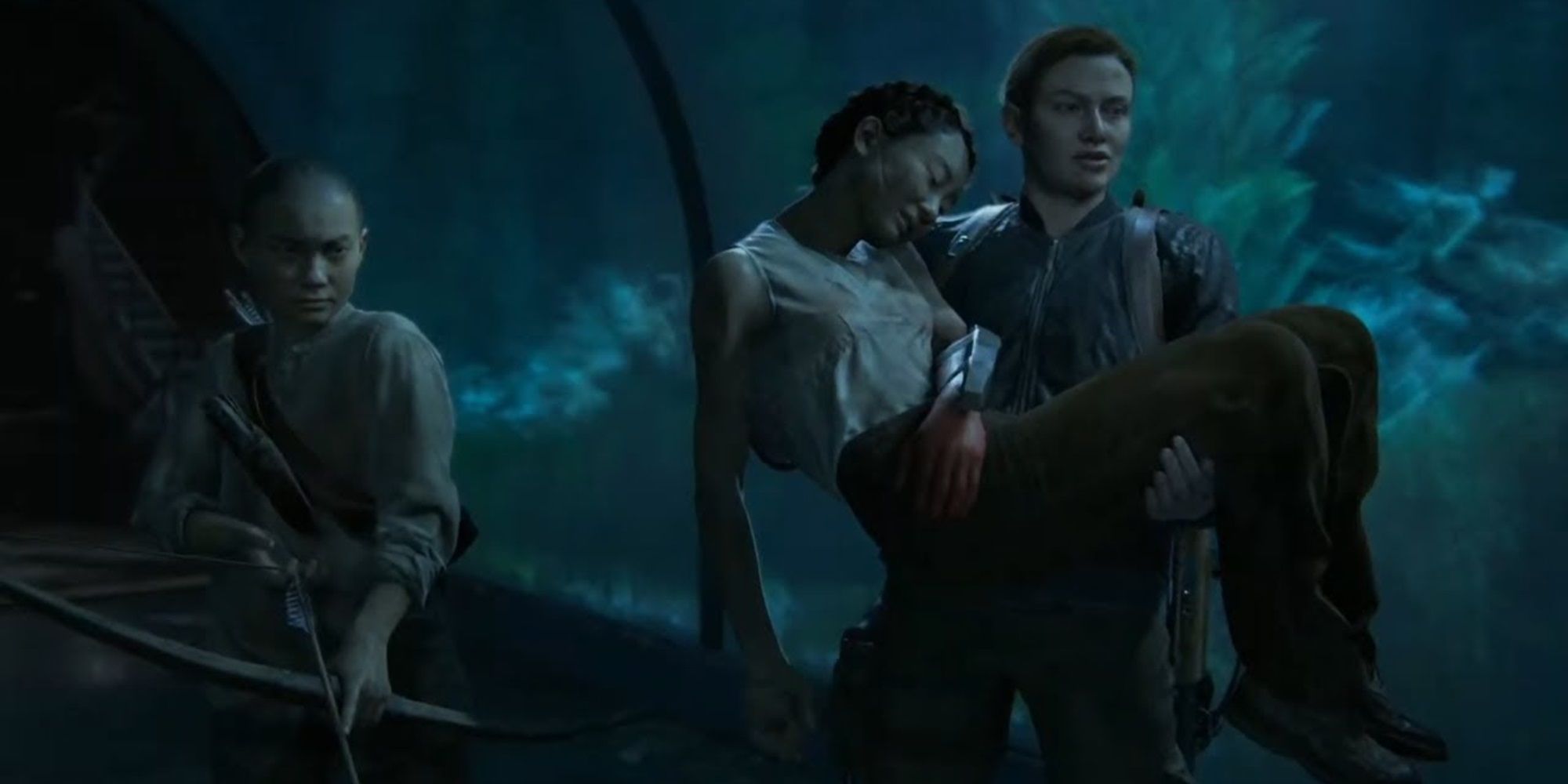
Abby’s story is already its own separate section of the game, so it makes sense to adapt it as its own separate season of the TV show. The narrative structure of The Last of Us Part II was chosen very specifically to manipulate the audience’s emotions. Abby is introduced as a reprehensible villain at the very beginning, then she’s not seen for half the game as Ellie relentlessly pursues her across Seattle.
During that time, Abby becomes more of a symbol of Ellie’s vengeful rage than a character in her own right. So, by the time Abby catches Ellie and the game goes back to show her story, the audience has to subconsciously undo all that rage and see her as a human being. The key to making that work is making Abby’s story its own separate thing.
9Giving Abby Her Own Season Would Force The Audience To Empathize With Her
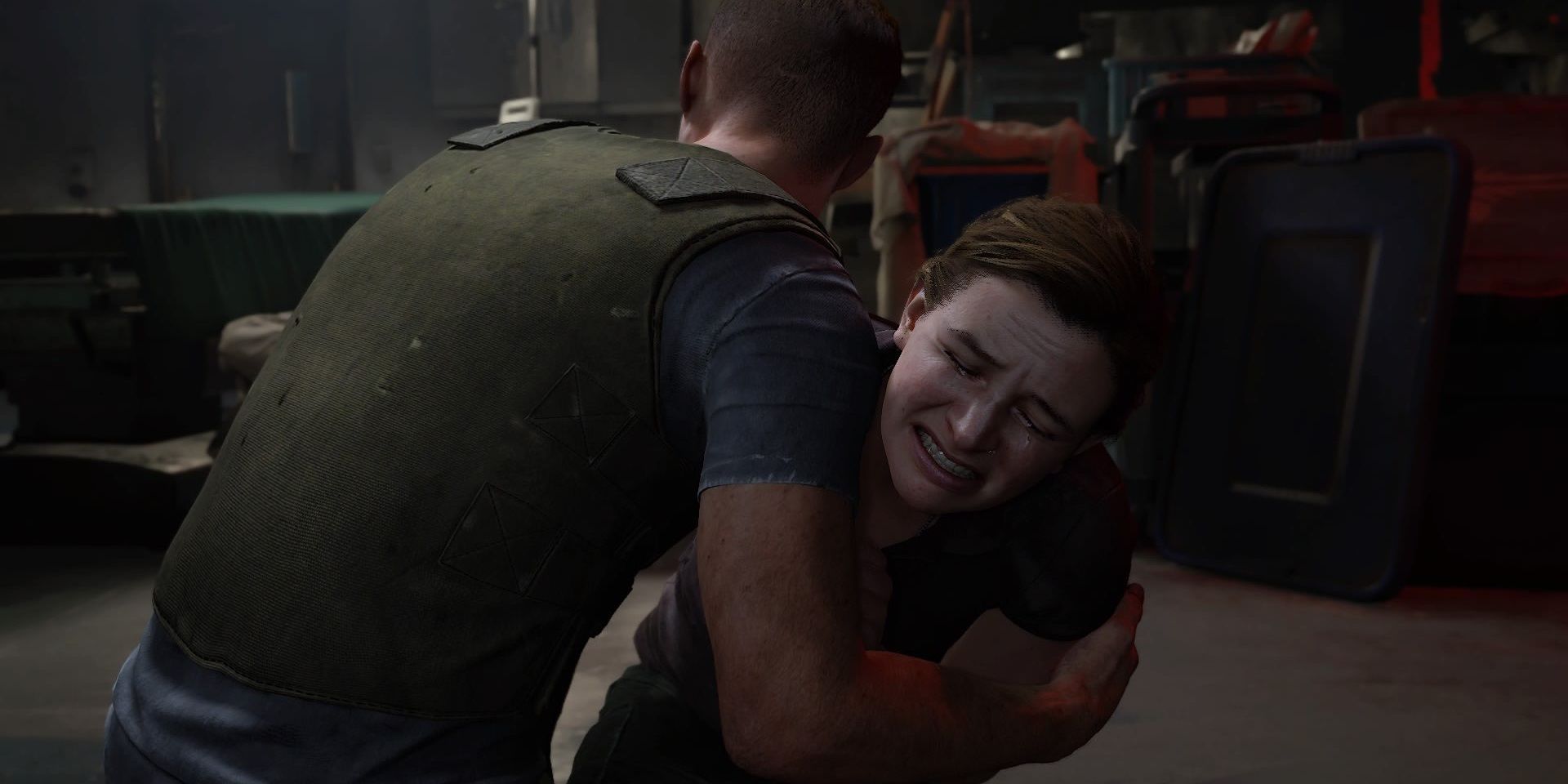
The emotional tightrope that The Last of Us Part II carefully walks is to make the audience hate Abby really early on, then slowly force them to empathize with her. Watching her torture Joel to death makes the audience who loves Joel absolutely despise her. However, as the game goes on, and players see the immense grief that Abby felt over losing her dad, it becomes a lot easier to understand her motivation.
And as she grapples with the remorse she feels over the way she killed Joel, and she takes Lev and Yara under her wing, Abby achieves a sort of redemption. It was easy for the game to make that empathetic connection with its audience, because it could literally put them in Abby’s shoes. But the TV show might need to make Abby the star of her own season to force the audience to empathize with her in this version.
8Kaitlyn Dever Needs Equal Footing With Bella Ramsey As A Series Lead
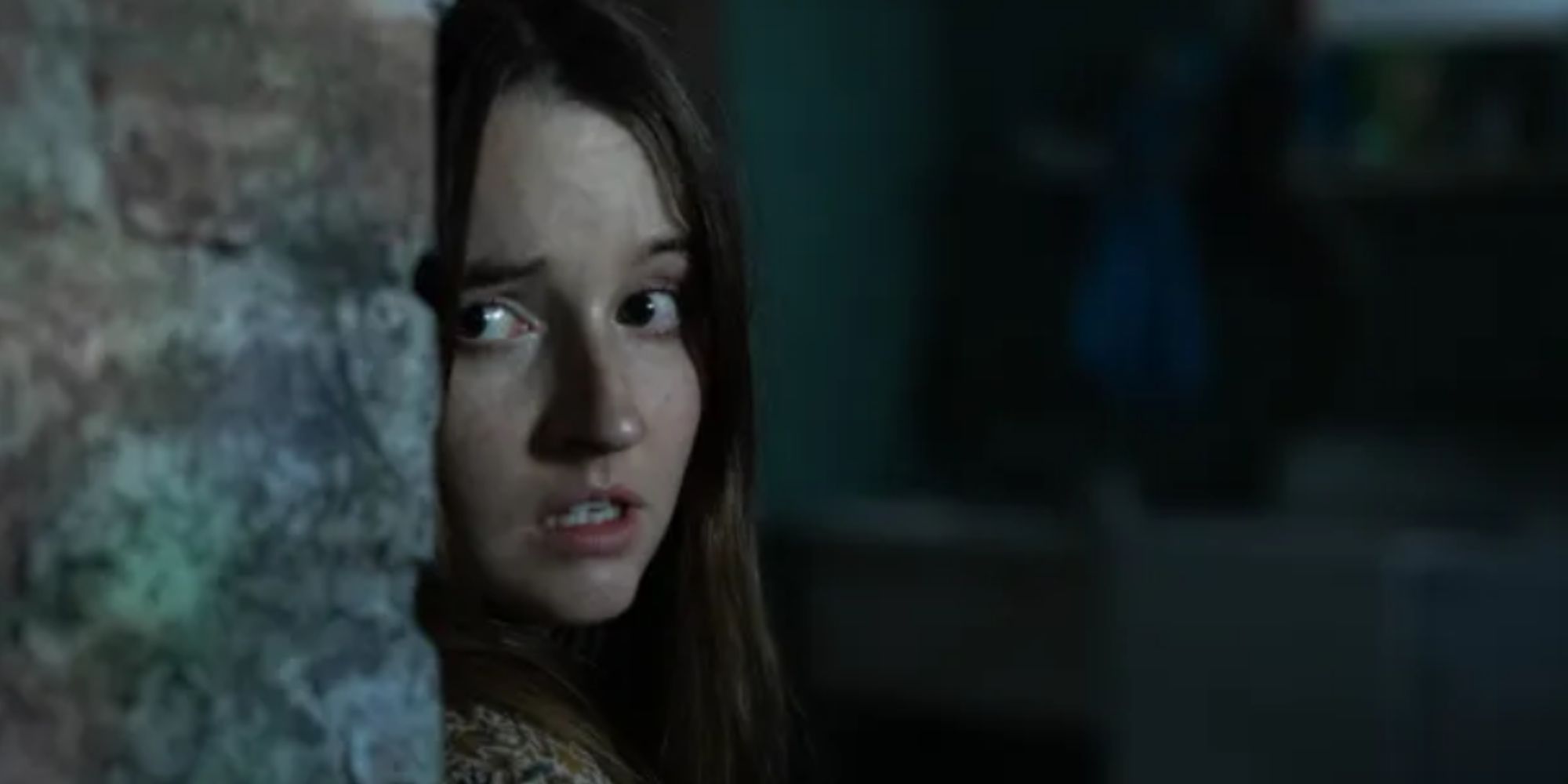
In the opening credits of The Last of Us Part II, Laura Bailey gets top billing alongside Troy Baker and Ashley Johnson. Abby isn’t a supporting character; she’s the third lead of the game. She’s just as important to this story as Joel or Ellie and the TV show needs to reflect that. In the TV show, Kaitlyn Dever needs to be introduced as just as much of a series lead as Bella Ramsey.
Giving Abby’s story its own season – essentially making Dever the star of the show for a season – would help to make that connection. Abby isn’t just the villain of Ellie’s story; she’s the hero of her own story (or, at least, the antihero of her own story). Dever needs to be given the space to become every bit the star of The Last of Us that Ramsey is.
7Abby’s 3 Days Organically Raise The Action & Stakes From Ellie’s 3 Days
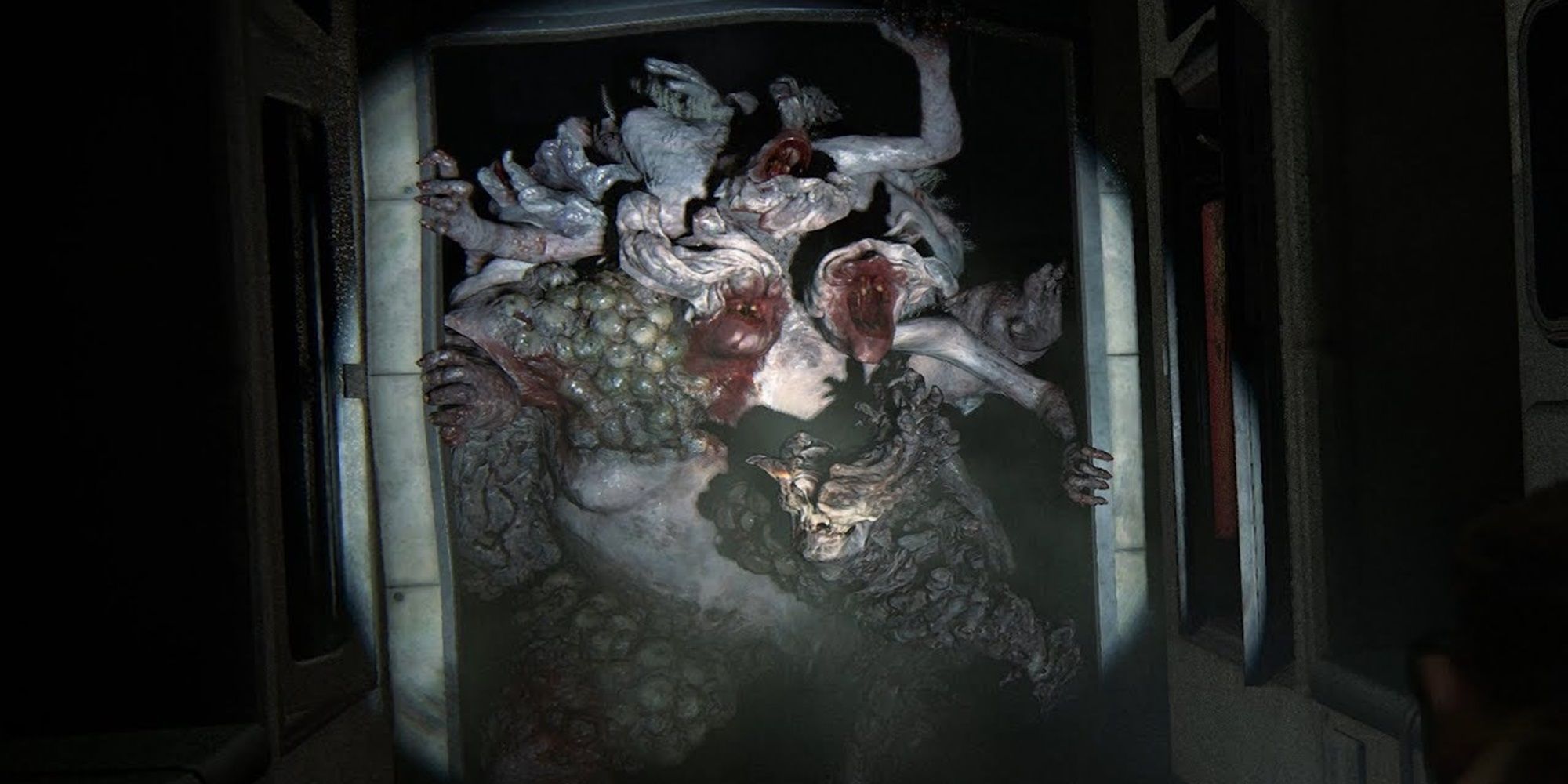
While the switch from Ellie’s perspective to Abby’s perspective is sometimes criticized for hurting the pacing of the game, Naughty Dog does an incredible job of keeping the action rising. The slow start of Abby’s Day 1 is a step down from the intensity of Ellie’s Day 3, but that’s just because it has to establish a new cast of characters, and it quickly picks up. Before too long, Abby is escaping a hanging in the woods, getting trapped in a dark building full of infected, and clearing out an infested ferry.
Ellie fights her fair share of stalkers, but Abby infiltrates a hotel-sized nest of infected. Ellie has a boss fight with a bloater, but Abby has a boss fight with the Rat King. Ellie sails through the ruins of Seattle, but Abby rides a horse through a burning, war-ravaged village. Abby’s three days naturally raise the action from Ellie’s three days, so it makes sense to keep them in the same order.
6Showing All Of Ellie’s Story Before Any Of Abby’s Is Key To The Emotional Rug-Pull
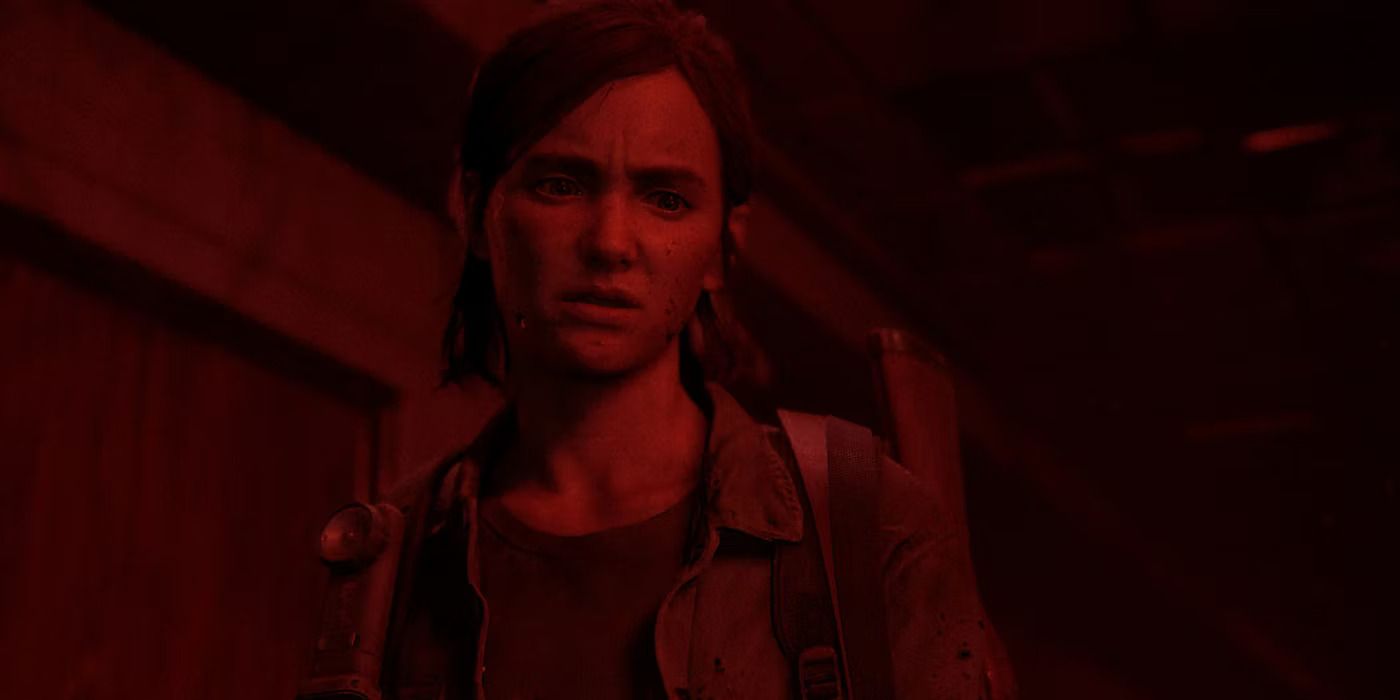
By not going back to show any of Abby’s redemption story until all of Ellie’s revenge story has been told, the game pulls the rug out from under the audience. This person they’ve wanted dead for so long turns out to be a sympathetic, three-dimensional human being. Showing both perspectives at the same time would take away the genius of that rug-pull.
5Abby’s Friends Need Time To Develop
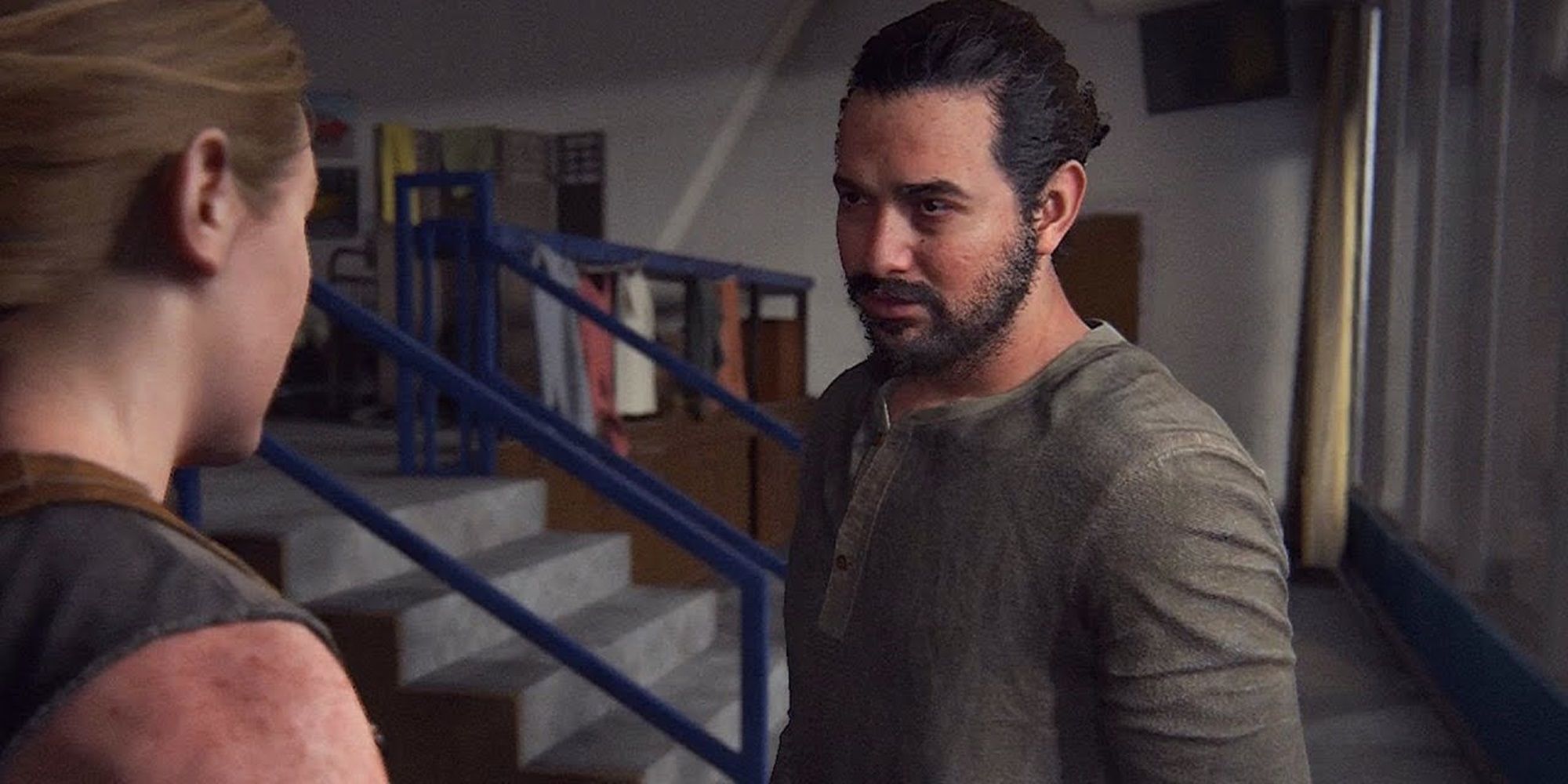
One of the most common complaints about The Last of Us Part II is that Abby’s friends aren’t very well-developed, so it’s harder to connect with them emotionally than Ellie’s friends. Whereas Tommy, Dina, and Jesse all have well-rounded personalities and tangible belief systems, Abby’s friends are a little more one-note. They’re mainly characterized in relation to Joel’s death: Manny was delighted to see Joel meet such a gruesome end, while Mel’s perception of Abby has irreversibly changed.
Owen is just as well-developed as Tommy or Dina since, between Jerry and Lev, he’s the most important relationship in Abby’s life. But characters like Nora and Leah could do with a bit more development in the TV show. If Abby gets her own season, then there would be plenty of time to develop her friends into more well-rounded characters.
4It’ll Be A Totally Unexpected Follow-Up To The Season 2 Finale Cliffhanger
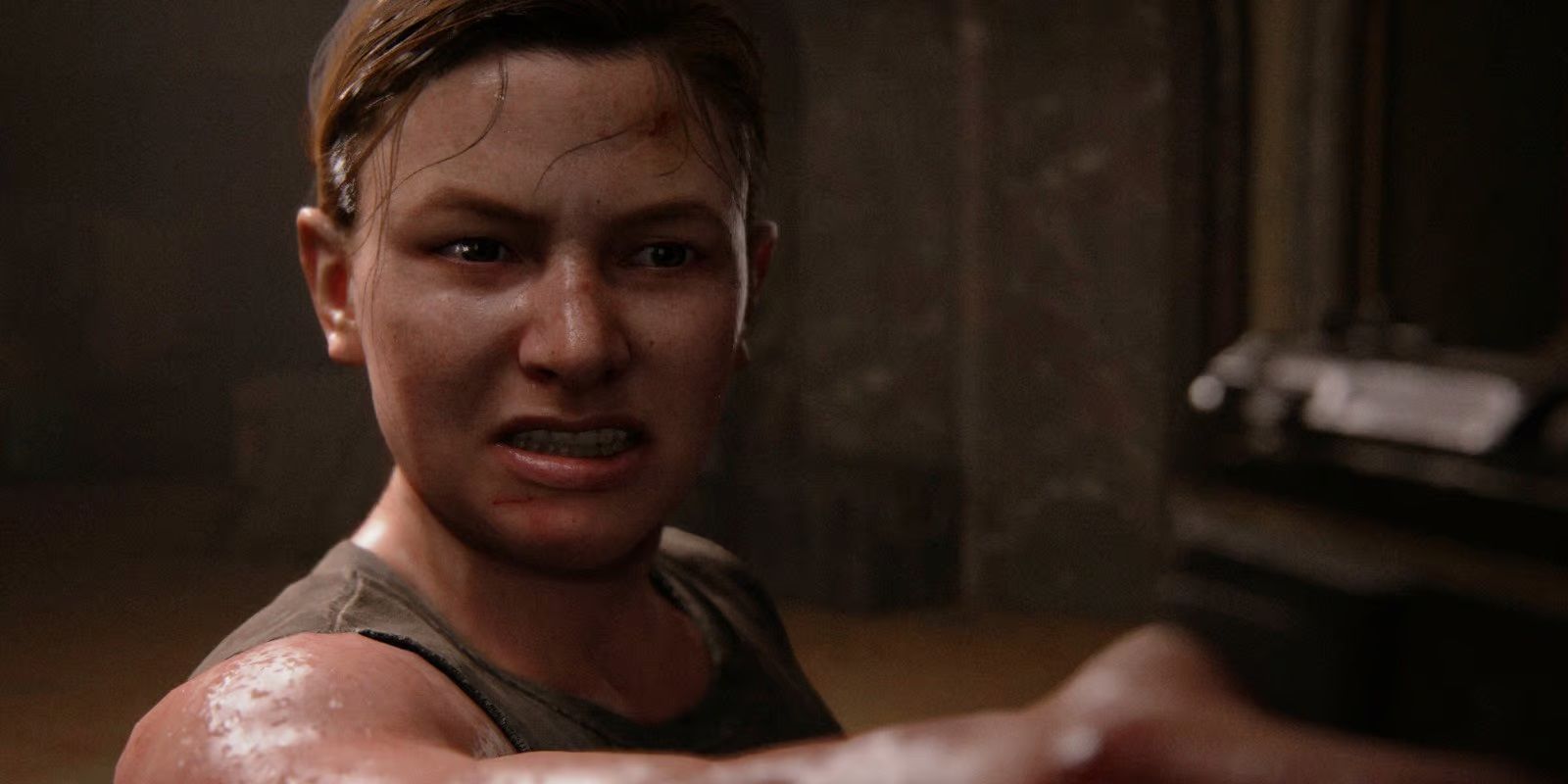
The story of The Last of Us Part II is all about upending the audience’s expectations. There’s a four-year time jump in the opening moments of the game and Joel is brutally murdered within the first act. These narrative choices were specifically designed to keep the audience on their toes and hammer home that they have no idea where this story is going. The mid-game switch to Abby’s perspective is another one of these mind-blowing surprises.
If The Last of Us season 2 chronicles Ellie’s violent journey through Seattle, then it’ll culminate in Abby arriving at the theater and holding her at gunpoint. This will make for a shocking cliffhanger in the season finale. And when the show returns for season 3, going back and showing the same three days from Abby’s point-of-view will be the most unexpected way to follow up the cliffhanger.
3Cutting Between Ellie & Abby’s Perspectives Might Encourage Viewers To Take A Side
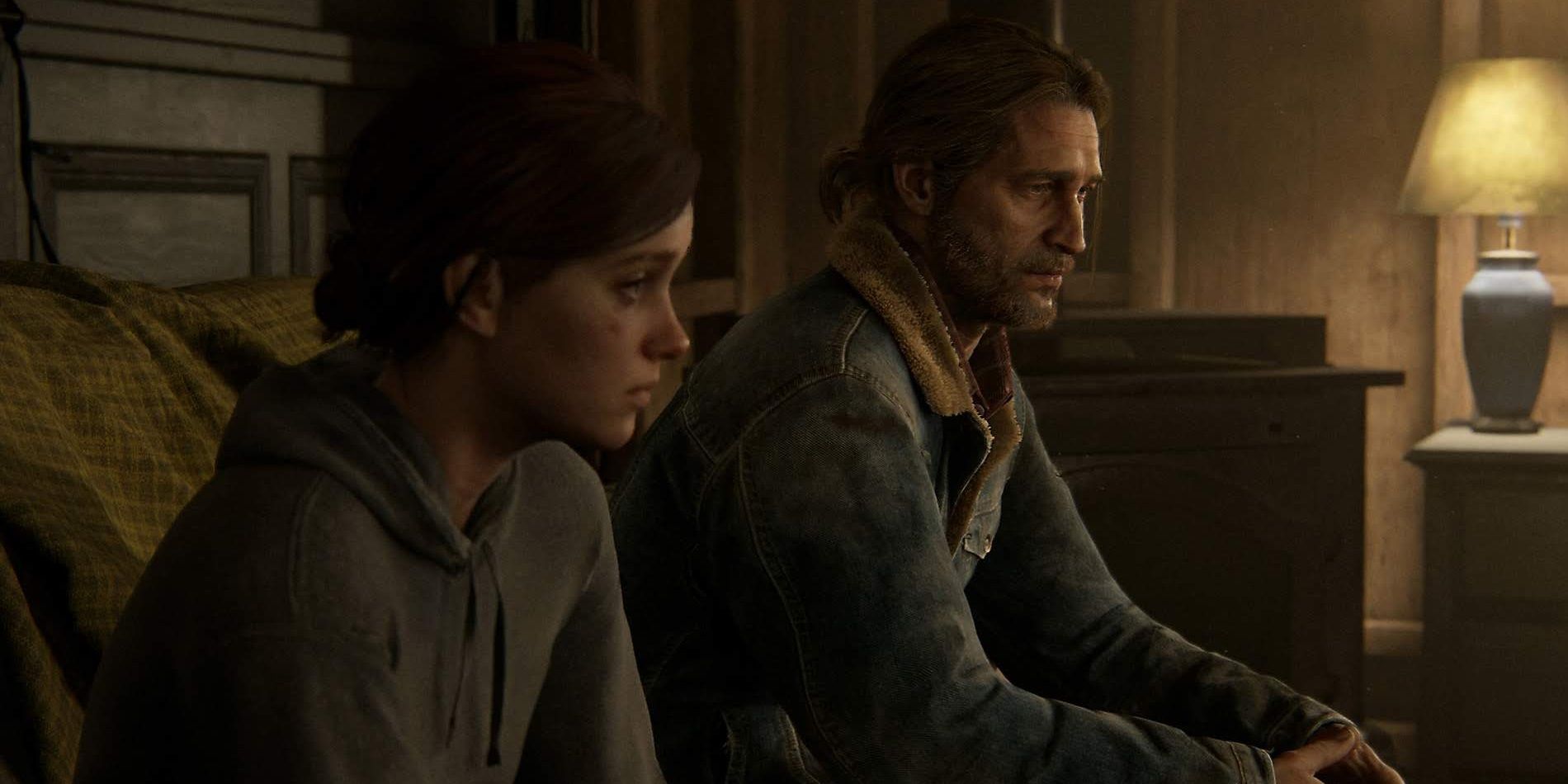
The whole point of The Last of Us Part II is that there is no right side or wrong side in this conflict. Ellie wants to kill Abby because she killed Joel, the same way Abby wanted to kill Joel because he killed Jerry – and Joel only killed Jerry because he was going to kill Ellie. This endless, pointless cycle of violence is reflected in the W.L.F.’s civil war with the Seraphites. When Abby, Mel, and Manny discuss the downfall of the truce, they can’t determine who started it (and, ultimately, it doesn’t matter).
After playing through Ellie’s three days, then playing through Abby’s three days, players of the game come to realize there are no clear-cut heroes or villains in this story. It all depends on the perspective. But if the TV series shows both perspectives simultaneously, it might encourage viewers to take a side, which would completely miss the point of the story.
2Abby’s Bonding With Lev Needs Room To Breathe
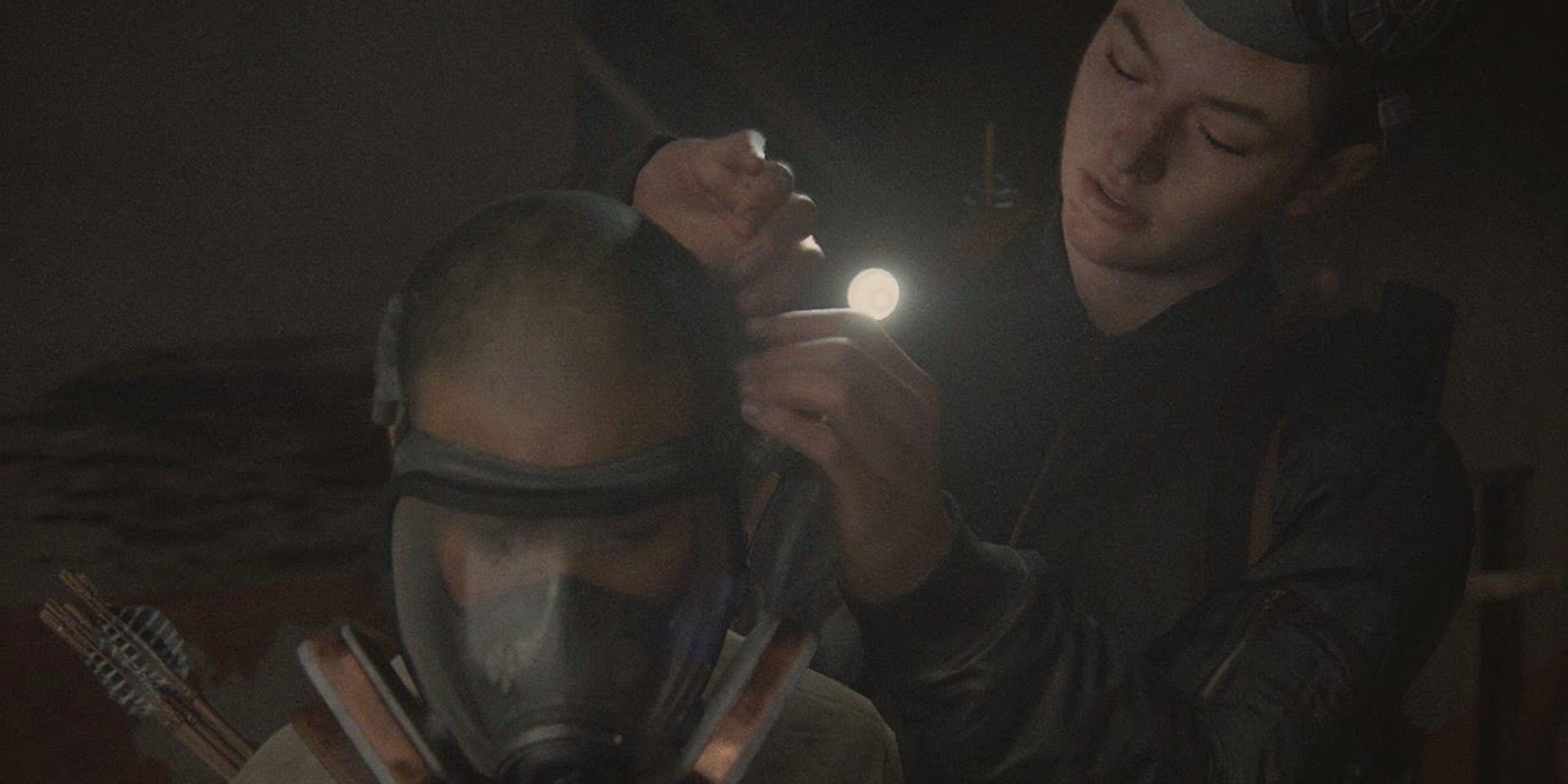
If Abby gets her own season of the TV show, then her relationship with Lev will get plenty of room to breathe. Whereas Joel and Ellie have a father-daughter relationship, Abby and Lev have more of a big sister/little brother dynamic. The TV show can take the time to show tender, heartfelt moments between Abby and Lev, like when she helps him with his gas mask.
1It Would Let Abby’s Story Speak For Itself
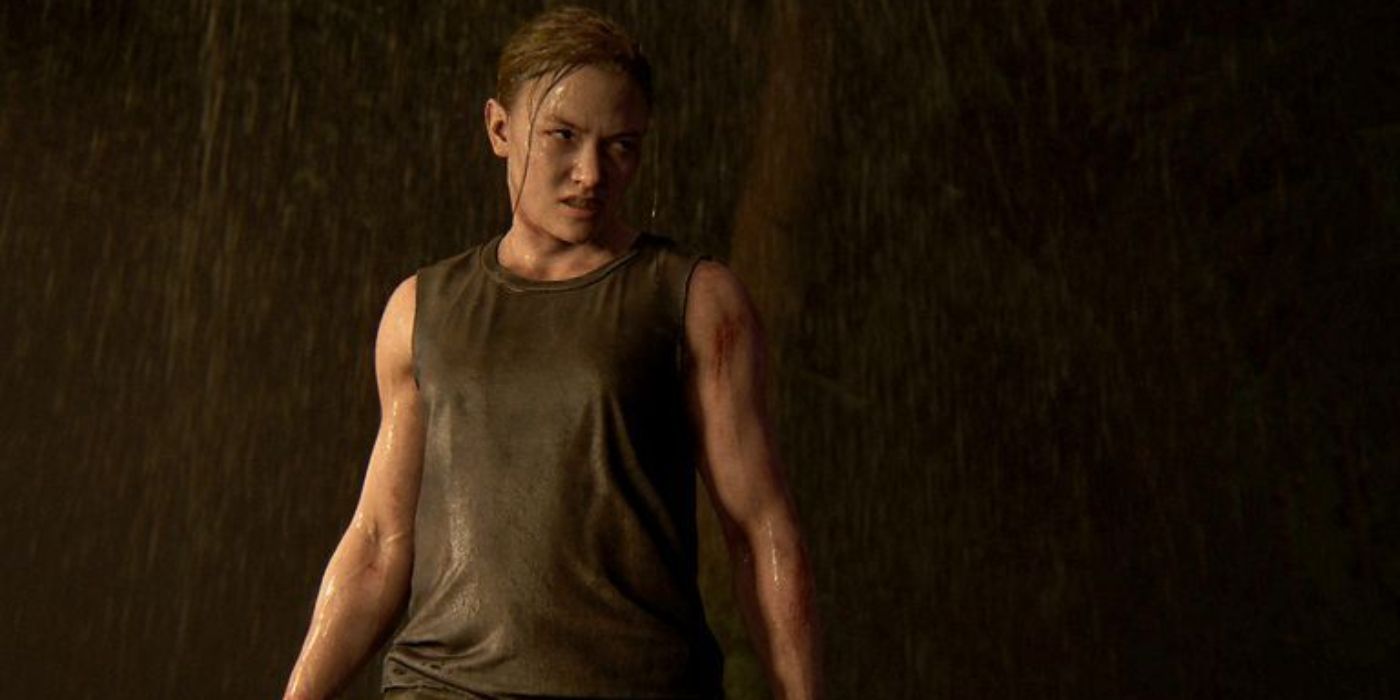
The Last of Us needs to avoid depicting Abby as Ellie’s villain, because that will undermine the point of the story. The story is as much about Abby’s redemption as it is about Ellie’s revenge. And by the time audiences have experienced Abby’s redemption, they don’t want Ellie to exact revenge. Telling their stories separately is the best way to pull off this ingenious narrative trick.



